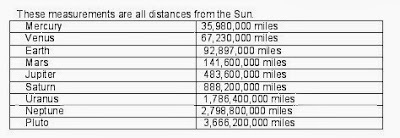2013-2014
August 13: First Day
of Instruction
August 15: FBSME
Meeting (7:00 pm)
August 27: English
Learner Program Options Informational Meeting (8:30 am)
August 30: No School
(Admissions Day)
September 2: No School
(Labor Day)
September 3: SSC &
ELAC Parent Orientation & Elections
September 3: Banked
Tuesdays start (1:44 dismissal)
September 5: No School
(Unassigned Day)
September 9: SSC
Meeting
September 10: Back to
School Night
September 12: FBSME Meeting (7:00 pm)
October 1: ELAC
Meeting
October 10: Family
Science & Math Night
October 14: Picture Day
October 17: GATE Night
October 31: Halloween
Parade
November 5: ELAC
Meeting
November 7: FBSME
Meeting (7:00 pm)
November 8: End of 1st
Reporting Period
November 8-15: 1st Reporting Period Parent Conference Week
November 11: No School
(Veterans Day)
November 14: Make Up
Picture Day
November 18: SSC Meeting
November 25-29: No
School (Thanksgiving Break)
December 3: ELAC
Meeting
December 5: FBSME
Meeting
December 9: SSC
Meeting
December 20: Winter
Orchestra Concert
December 23-January
10: No School (Winter Break)
January 16: FBSME
Meeting
January 20: No School
(MLK Holiday)
February 4: ELAC
Meeting
February 10: SSC
Meeting
February 17: No School
(Presidents Day)
February 28: End of 2nd Reporting Period
March 3-7 Dr. Seuss
Week
March 4: ELAC Meeting
March 5: 2nd
Reporting Period Parent Conference Day
March 6: FBSME Meeting
March 10: SSC Meeting
March 18: Open House
March 31: No School
(Unassigned Day)
April 1: ELAC Meeting
April 3: FBSME Meeting
April 6: Community Fair
April 7: SSC Meeting
April 14-18: No School
(Spring Break)
May 6: ELAC Meeting
May 8: GATE Night
May 12: SSC Meeting
May 23: Spring
Orchestra Concert
May 26: No School
(Memorial Day)
June 5: Last Day of
Instruction
Updated 11/4/2013


























